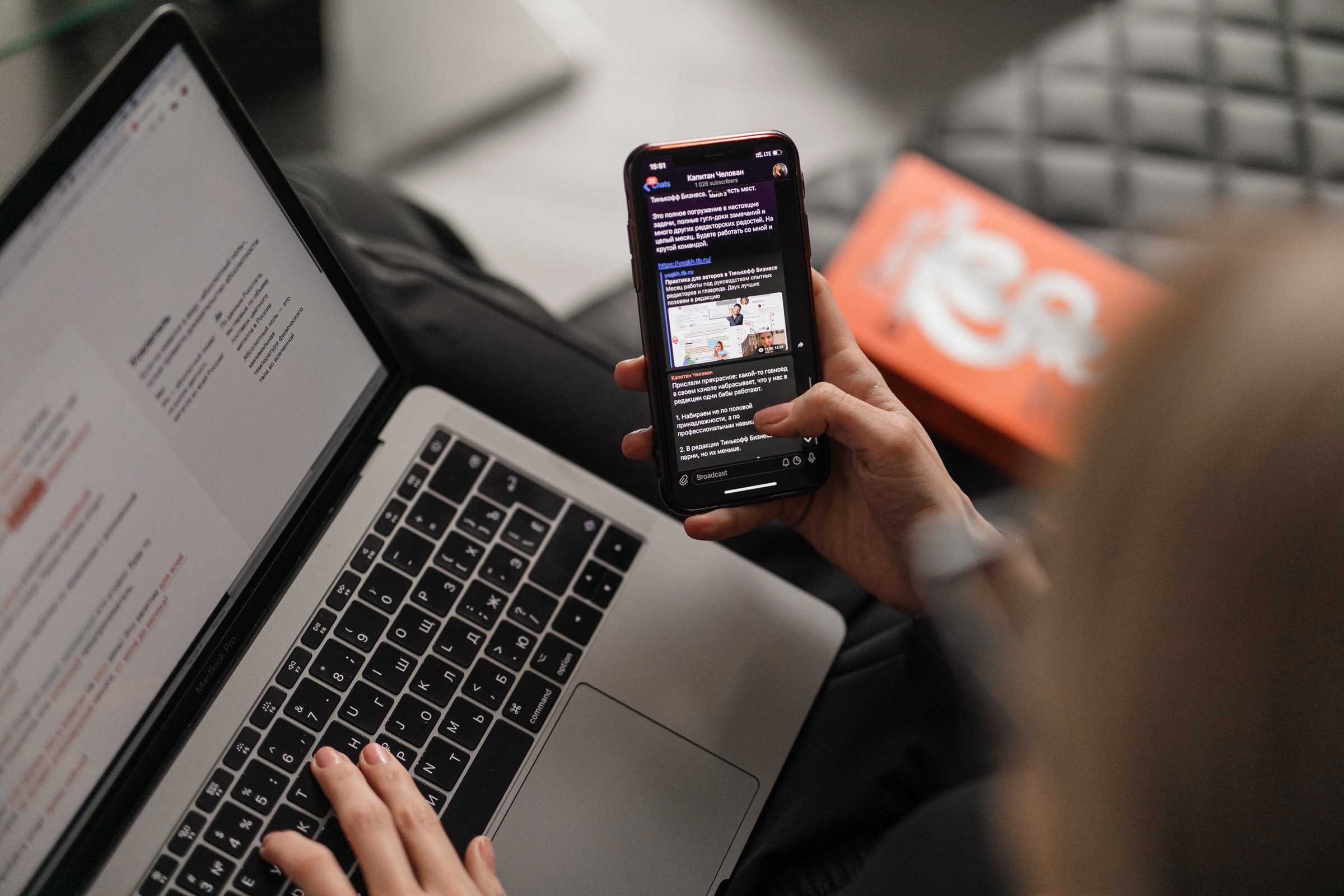
We’re all familiar with the app stores on our phones. Now, there’s a startup raising funding through an initial coin offering (ICO) to utilize Blockchain technology to create a decentralized app store for artificial intelligence (AI) research. In what Wired calls “the most tech-hype idea of the year,” we find SingularityNET.
AI for Everyone
Hong Kong-based founder Ben Goertzel, Chief Scientist of Hanson Robotics, noticed that those with money to throw at AI development had an unfair advantage over those who didn’t. He’s been working to even out the AI playing field and wrestle back some of the power for the people from Silicon Valley tech giants.
San Francisco-based app developers need not worry, however; SingularityNET launches in 2018, and it allows AI app developers and experts to pool knowledge, resources, code, software, and more. It will also act as a central hub for datasets to be combined and analyzed, creating an overarching Artificial General Intelligence (AGI). Developers can work on improving the AGI, with the ultimate goal being an ever-evolving, ever-improving AGI.
Using Blockchain to Power an AI Democracy
Blockchain developers can rejoice; the marketplace will utilize the Ethereum Blockchain for anonymity, transparency, and decentralization. With the AGI feeding off of the app store and developers actively working on AGI, it grows stronger while allowing anyone to access the open-source code. Eventually, the app store will work to make connections between apps on its own.
Goertzel explains, “We want to create a system that learns on its own how to cobble together modules to carry out different functions. You’ll see a sort of federation of AIs emerge from the spontaneous interaction among the nodes, without human guidance,” he explains. “It’ll have AI inside each and every node, and between them, and they’ll learn how to combine their skills.”
Ushering in the AI Singularity
The company is already testing SingularityNET’s AI with a humanoid robot, named Sophia. She recognizes facial expressions, tells jokes, sings songs, mimics humans, and holds a normal conversation. The company plans to upgrade Sophia’s brain continuously, continuing to use SingularityNET as a backbone.
“Her intelligence will be plugged into the platform for the benefit of other developers, particularly those looking to make robots as smart as Sophia,” says Goertzel. “In turn, her development team can take advantage of AI technologies created by other users to help evolve her human-like intelligence. It’s this kind of collaborative innovation that will really spearhead the next frontier of the AI revolution.”
In taking a more open-source approach to AI, Goertzel may help usher in an era where knowing how to utilize and develop AI is more of a common skill than the mysterious superpower it currently appears to be. Check out SingularityNET updates on their company’s blog here.





